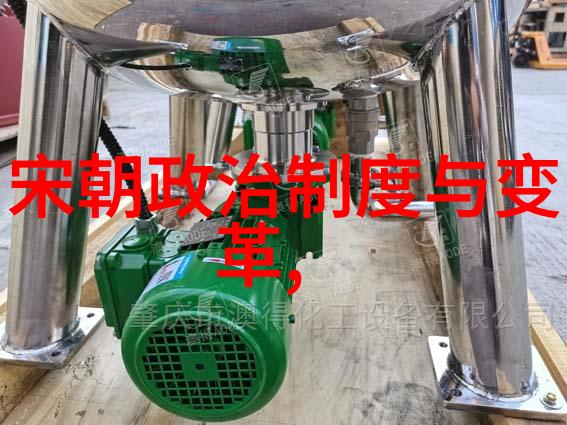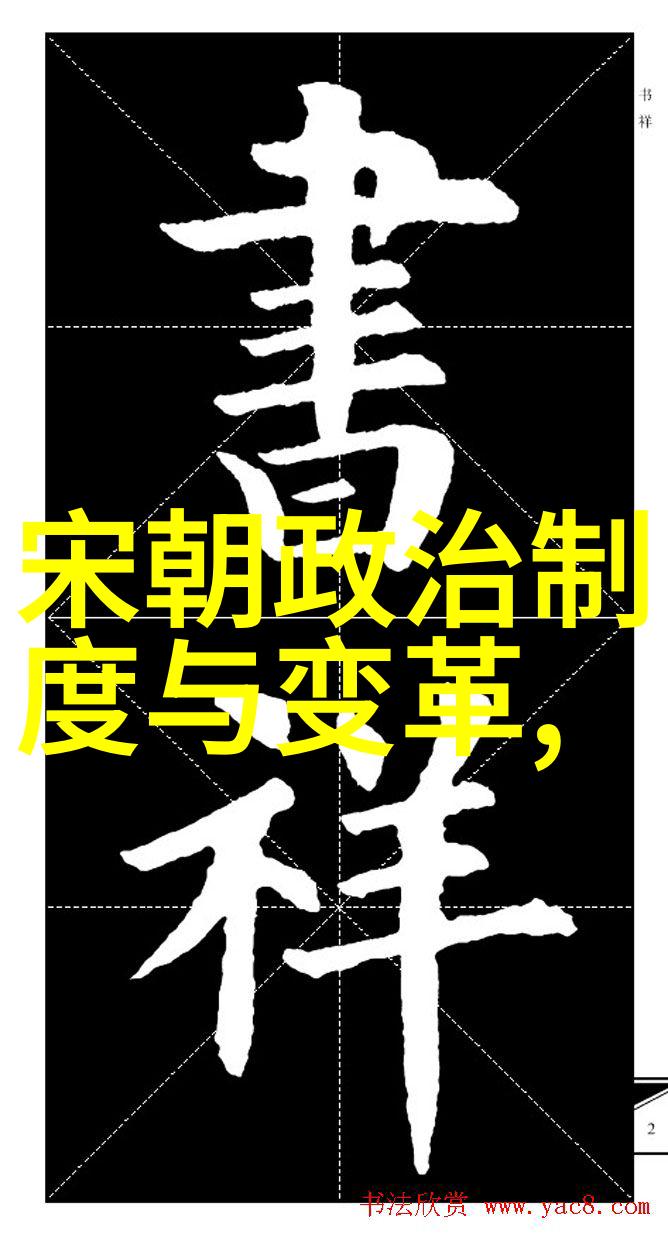皇权鼎立明朝十六位帝王的统治时期对比
明朝十六任帝王排名与历史评价

在中国历史上,明朝是由朱元璋建立的一代强国,其历经多位君主的统治,直至崇祯失政,最终导致了明朝覆灭。明朝共有16位皇帝,其中每一位都留下了自己独特的印记,无论是在政治、文化还是经济等方面,都有着不可磨灭的痕迹。然而,这些帝王在历史上的地位和成就如何?他们之间又存在怎样的差异?
宣德、正统与景泰:开创者们的奋斗

宣德(1425-1435年):朱祁镇为第三代明朝皇帝,他继承了父亲建文四年的遗产。在宣德时期,国家虽然尚未完全稳定,但其推行了一系列改革措施,如整顿税收制度、加强边防等,为后来的繁荣打下了基础。

正统(1436-1449年):朱祁钰作为第四代皇帝,在他的领导下,加大了对农民起义军队的镇压力度,并且继续推进经济建设,对外还进行了一些军事扩张。这一时期虽然也面临内忧外患,但基本保持了国家稳定。
景泰(1450-1464年):朱祁涙继承父兄之志,继续实施前两任君主所做的大量政策。此期间,他更加注重中央集权,以巩固自己的权威,同时也加强对藩属关系的管理。

这些开创者的努力使得初期的人民生活得到一定程度上的改善,以及国家政治体制相对稳定,从而为后续发展奠定坚实基础。

成化到嘉靖:中兴与变革
成化(1465-1487年):朱祁钰即景泰后的第二个儿子,在这段时间里,他试图通过减轻徭役和增加赈灾来缓解民众负担,同时进行一些文化事业,如修复故宫建筑。他也是第一位开始使用“天下”这个称呼,而非传统的“万世”或“天下万户”,表达出更为广阔的地理视野。
弘治(1488-1505年):随着成化末年的衰弱,再次出现内部矛盾激化的情况,不仅如此,还爆发了严重的人口骤减现象,这主要是由于洪水和饥荒引起。在弘治十七年的晚年,由于战争频繁和财政困难,使得社会动荡不安。
正德(1506-1521年):从弘治末到正德初,因为不断战乱造成土地丧失和人口流离,所以当时政府不得不采取一些紧急措施以应对这种危机。尽管如此,也有人认为这一时期并没有彻底解决问题,只是暂时遮盖过危机。
嘉靖(1522-1566年):“中兴”的时代:
在嘉靖早期,有人认为他是一个英勇无畏、能够平息内乱并恢复国家秩序的人物。但到了晚年的嘉靖,则因为专横暴政以及信仰迷信而被批评。
隆庆到光绪:混沌与转折
隆庆五载之后,即隆庆六月初八日(1567),宣布废除科举考试制度,导致知识分子的不满增深;此外,由于嘉靖晚年的种种错误决策导致国库空虚,加速帝国走向衰败之路。
万历(1573—1600):
这一阶段最显著的是文艺复兴,它促进了一系列重要科学发现及艺术作品产生,比如李贽的小说《聊斋志异》及清画家仇英《夜泊牛渚怀古》等作品都是这一时代典型代表。然而,此期间仍然存在着腐败官僚体系的问题,与此同时,一场巨大的贫富差距让社会动荡不安。
3.Jiajing (1522–1566) and Wanli (1573–1600):
Jiajing, the 13th emperor of Ming dynasty, was known for his persecution of Buddhism and Taoism.
Wanli's reign saw a decline in the power of the eunuchs, but also a period of great artistic flourishing.
4.Tianqi (1627–1644): The last ruler before the fall of Ming Dynasty.
Tianqi was known for his extravagance and poor decision-making.
The ranking list is as follows:
1st: Hongwu (1368–1398)
* Founder of Ming Dynasty, established capital at Nanjing
2nd: Yongle (1402–1424)
* Promoted maritime exploration and established Forbidden City
3rd: Taizong (1425)
* Rebuilt Beijing after Tumu Crisis
4th: Chenghua (1449–1457)
* Strengthened central authority over provinces
...
15th: Chongzhen
16th: Chongzhen
These emperors have left their mark on history with varying degrees success or failure; each played a role in shaping China's destiny during their time in office.
In conclusion, although each emperor has its own unique achievements and setbacks, they all contributed to shaping China into what it is today through their actions during their reigns as monarchs.
As we can see from this analysis that there are some common factors among these rulers such as economic growth or cultural development however not every single one had an impact on society equally.
It’s worth noting that while some were more successful than others many factors influence how historians view them including political stability social changes etc.
It remains important to understand that even though there were negative aspects to these rulers' rule they still hold significance within Chinese history.
For further study it would be interesting to delve deeper into specific events or policies implemented by these emperors that impacted China’s future course significantly.
Overall understanding this list helps us gain insight into historical context which ultimately leads us closer towards knowing who truly deserves recognition as "the best" Emperor based on individual perspectives
References:
Cambridge History Of China
A Comprehensive History Of The Qing Dynasty
Oxford Handbook Of Chinese Law And Society
Note:****This article serves only educational purposes.****



